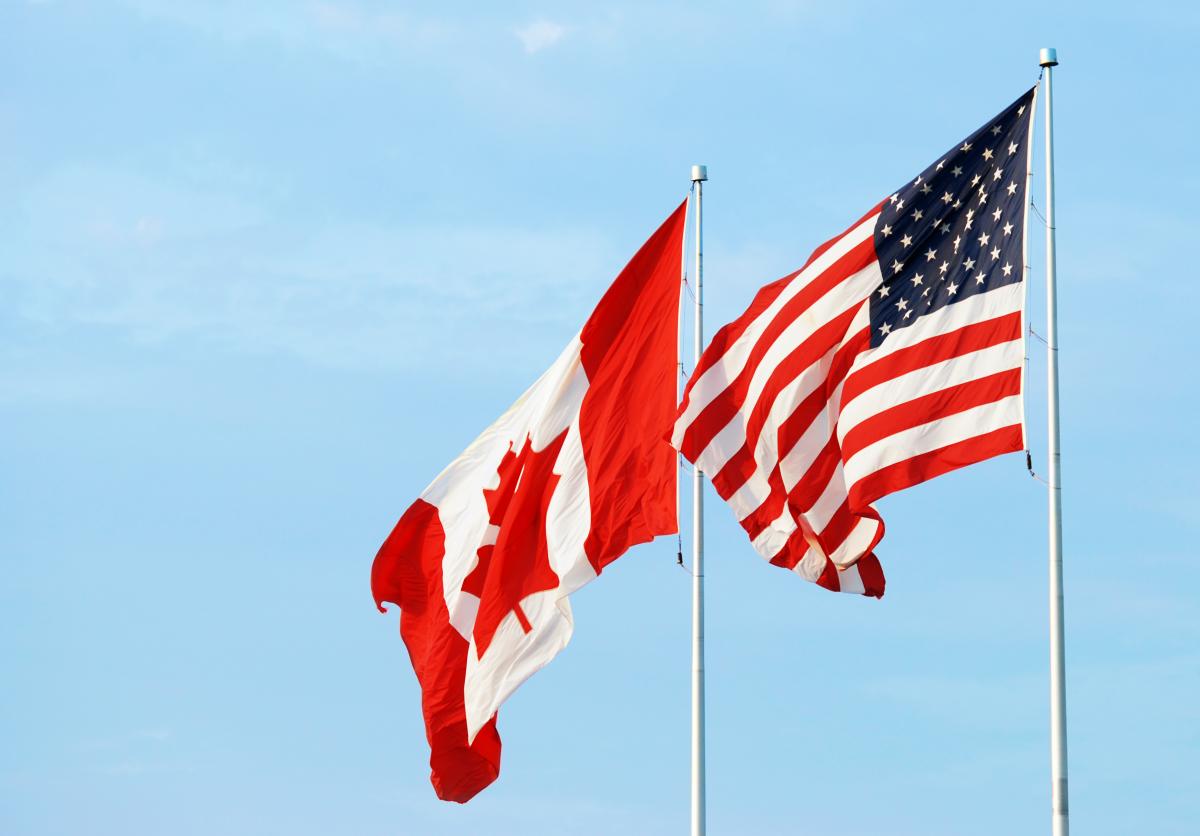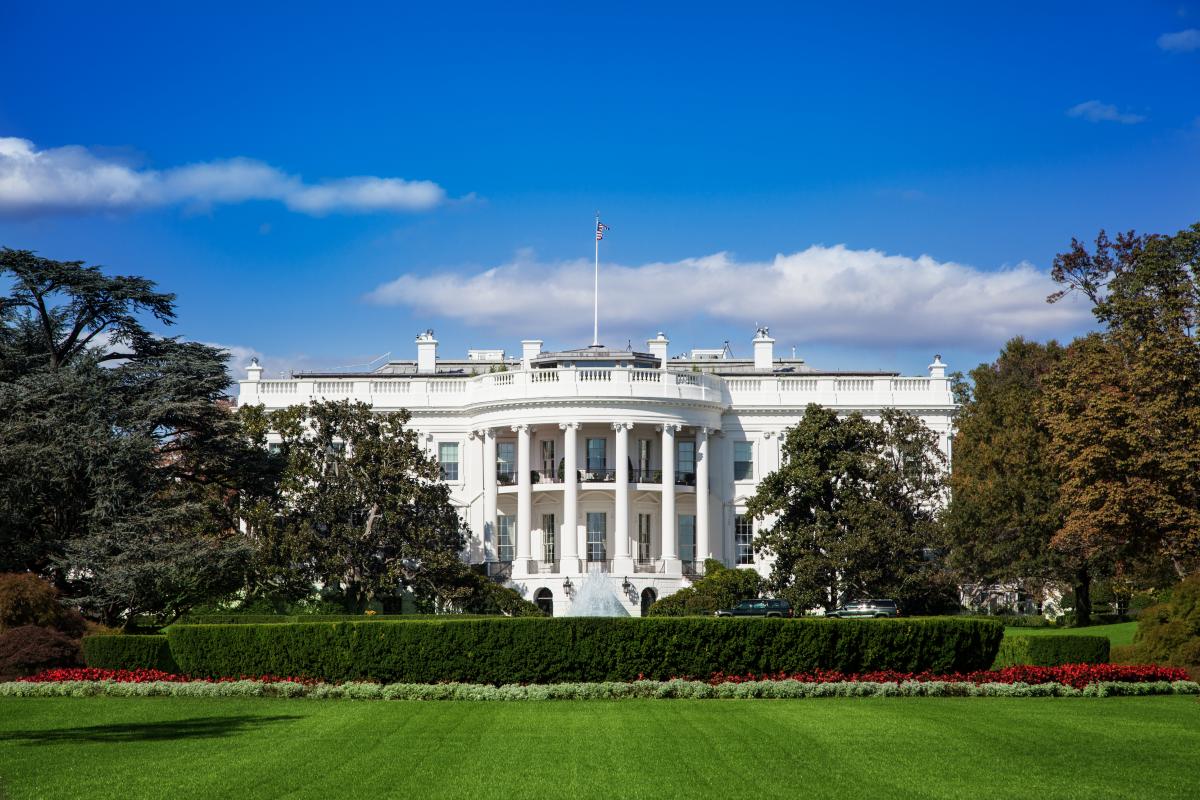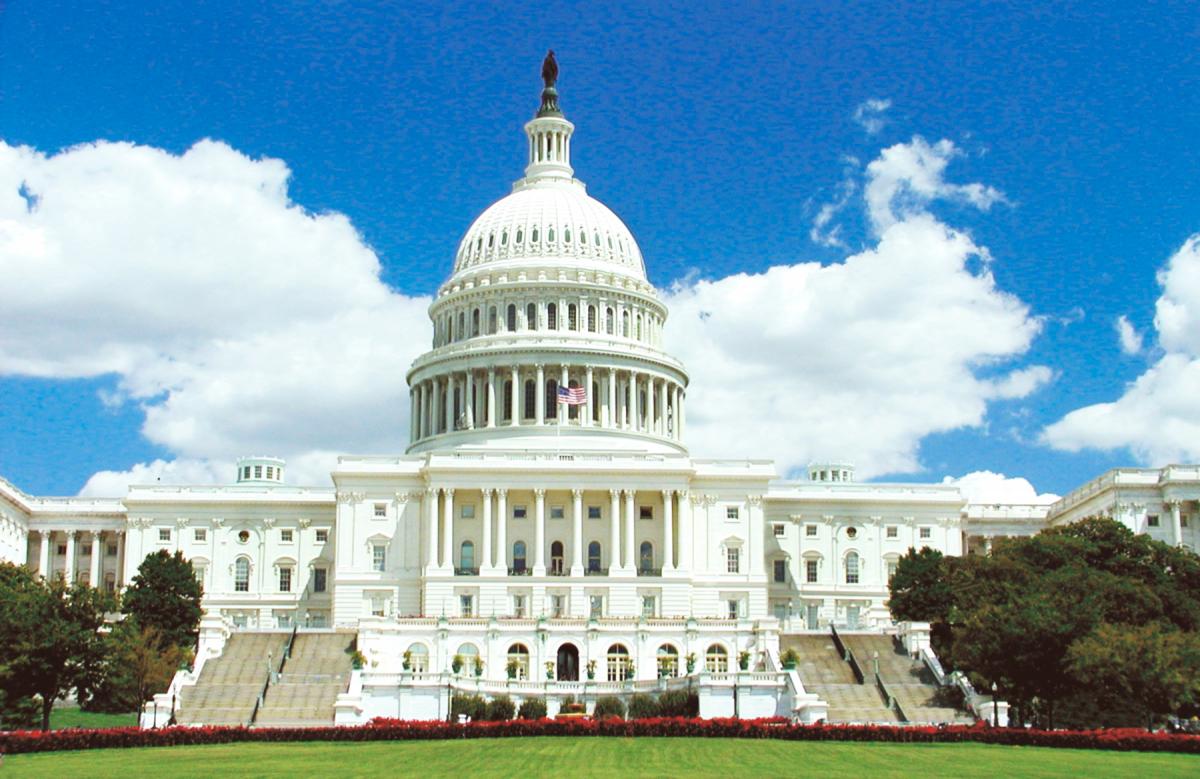On his first Monday in the White House, President Donald Trump recently signed an executive order officially abandoning the Trans-Pacific Partnership. This action raised as many questions as it answered about the future of trade policy in the new administration. It certainly signals that America’s approach to global trade policy will undergo a serious re-examination, and face a more critical assessment than at any point in the past five decades.
Both on the campaign trail and during his inaugural address, President Trump made it clear that trade policy is a top priority, and that he intends to look at trade deals through a different lens than his predecessors. For the U.S. dairy sector, the challenge and the opportunity going forward will be reminding policy makers that trade – and the ability to export our products – is absolutely essential to the future of our farms, as well as our cooperatives and proprietary processors.
It wasn’t that long ago our industry maintained a “Fortress America” mentality that some in today’s dairy industry can still recall. During my first stint at NMPF, in the mid-1980s, the domestic dairy sector had that same mindset—one that is much different than where we are today. We exported very little, and employed import quotas to minimize competition from the rest of the world. For the most part, other countries with dairy sectors took the same approach.
The catalytic effect since the 1990s of the passage of NAFTA and other regional trade agreements, the establishment of the World Trade Organization, the formation of the U.S. Dairy Export Council, and the advancement of NMPF’s trade policy initiatives, all have led to the U.S. becoming an integral, indispensable part of global dairy trade. One day’s worth of all the milk produced in the U.S. each week is exported, and because of our industry’s incredible productive capacity we need more – not fewer – opportunities to boost that ratio even higher.
The U.S. dairy sector has been a clear winner from global trade, as improved policies and a focus on export marketing has opened new doors for “Made in America” dairy foods. The same can be said for many other U.S. agricultural commodities – from grains and oilseeds to beef and pork.
As I noted in a letter sent to the new President after the November election, our dairy exports are worth more than $5 billion annually, generating 120,000 jobs in dairy farming, manufacturing and related sectors. Any disruption in exports of dairy would have a devastating ripple effect on our farms and beyond, to workers in processing, transportation, and countless other sectors whose jobs are supported by these exports. The valuable economic relationships we have with countries such as Mexico, Japan, South Korea, and China when it comes to our dairy exports must be preserved and enhanced. We saw what happened to our domestic milk prices in 2009, and again in 2015, when the U.S. lost market share in the global dairy trade.
For dairy and much of agriculture, a large measure of our future growth opportunities resides outside of our borders. We will need the right combination of market development, favorable exchange rates, and the negotiation of new agreements – as well as strict enforcement of existing ones – to keep fueling the economic health of the dairy sector.
Last month, National Milk and the U.S. Dairy Export Council (USDEC) urged President Trump to pursue new, viable trade deals with countries in the Pacific Rim, and emphasized the critical importance of protecting our trade with Mexico, one of agriculture’s most beneficial relationships. For the U.S. dairy industry, Mexico represents our number-one market, totaling $1.2 billion in 2016. Any policy or action that disrupts our trade with Mexico would cause severe and immediate harm to U.S. dairy farmers and processors.
While Mexico has been an incredibly valuable trading partner for dairy, Canada, by sharp contrast, has habitually worked to undermine dairy trade. We continue to witness a backsliding by Canada in its already agreed-to market access for U.S. products. Canada’s new national ingredients strategy is expressly intended to both slash the importation of milk proteins from America, and create a new mechanism to dump milk proteins on the world market. This is precisely the type of protectionist, anti-competitive behavior on which the new Administration must focus.
So, as a re-examination of NAFTA gets underway, our industry will be working closely with the Administration and Congress to demonstrate the importance of Mexico to rural America, and at the same time evaluate how to improve NAFTA by renegotiating trade provisions with Canada.
NMPF’s focus this year on expanding export opportunities for dairy products will be in concert with our long-standing partner organization on trade issues, USDEC – and its new President and CEO, former Agriculture Secretary Tom Vilsack. Vilsack’s familiarity with our trading partners provides him a strong background to advance the work of USDEC, which complements NMPF’s advocacy on trade policy.
We also anticipate having a vocal champion for farm trade in our new Agriculture Secretary nominee, Sonny Perdue, who as Governor of Georgia for eight years was active in building new markets for agricultural products, his state’s number-one industry. In addition, we look forward to working closely with incoming U.S. Trade Representative Robert Lighthizer, who will lead new trade policy negotiations and has extensive experience dealing with complex trade issues.
Clearly what’s needed for not only the U.S. dairy industry, but also for all of U.S. agriculture, is a pragmatic approach to trade policy: an approach that works to fix the problems that need to be fixed, while preserving and enhancing opportunities that are already working. We’re looking forward to working with the new administration to put such an approach into action.

 Concerns about protectionist Canadian dairy policy reached new heights last month as NMPF led an expanding coalition of companies and organizations sounding the alarm about Canada’s violations of its dairy trade commitments. At issue is the imminent national implementation of a Canadian dairy pricing program that started last year in Ontario, intended to unfairly subsidize Canadian dairy products both within and outside of Canada.
Concerns about protectionist Canadian dairy policy reached new heights last month as NMPF led an expanding coalition of companies and organizations sounding the alarm about Canada’s violations of its dairy trade commitments. At issue is the imminent national implementation of a Canadian dairy pricing program that started last year in Ontario, intended to unfairly subsidize Canadian dairy products both within and outside of Canada.
 National Milk continues to reiterate to Congress and the White House the critical importance of maintaining export markets for America’s dairy farmers, even as the pivotal role of the United States in global trade began to shift last month as a result of actions by the Trump Administration.
National Milk continues to reiterate to Congress and the White House the critical importance of maintaining export markets for America’s dairy farmers, even as the pivotal role of the United States in global trade began to shift last month as a result of actions by the Trump Administration. National Milk’s efforts to spur enforcement of milk labeling standards took a major leap forward last month with the introduction of companion bills in the Senate and House that would direct the Food and Drug Administration (FDA) to police the misuse of dairy-specific terms.
National Milk’s efforts to spur enforcement of milk labeling standards took a major leap forward last month with the introduction of companion bills in the Senate and House that would direct the Food and Drug Administration (FDA) to police the misuse of dairy-specific terms.
 Former Gov. Perdue is well-qualified to run the U.S. Department of Agriculture as a result of his eight years of executive experience as Georgia’s governor, and his career as a state legislator and small businessman. His educational training as a veterinarian also gives him unique insights into the important issues facing America’s livestock producers in the areas of animal health, food safety and the environment.
Former Gov. Perdue is well-qualified to run the U.S. Department of Agriculture as a result of his eight years of executive experience as Georgia’s governor, and his career as a state legislator and small businessman. His educational training as a veterinarian also gives him unique insights into the important issues facing America’s livestock producers in the areas of animal health, food safety and the environment. “Tom Vilsack has a remarkable record of accomplishment working on behalf of American agriculture during the past eight years, and we are thrilled he will dedicate his talents in the coming years to expanding opportunities across the globe for America’s dairy farmers.
“Tom Vilsack has a remarkable record of accomplishment working on behalf of American agriculture during the past eight years, and we are thrilled he will dedicate his talents in the coming years to expanding opportunities across the globe for America’s dairy farmers.



